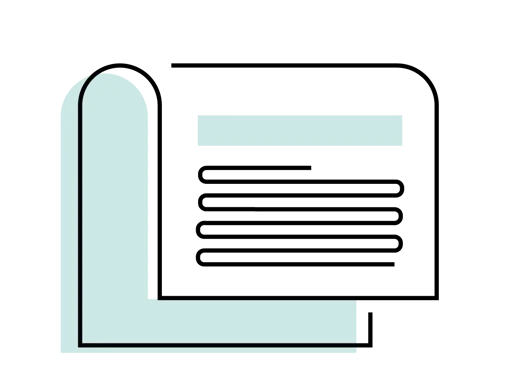In 2013 Professor Don Berwick’s seminal report A promise to learn – a commitment to act: Improving the Safety of Patients in England identified that clear warning signals had abounded and not been heeded.
He concluded that, when responsibility is diffused, it is not clearly owned; with too many in charge, no one is. He recognised transparency is essential and we must expect and insist on it.
Specifically, he asked leaders to recognise the most valuable information we have are the risks and things that have gone wrong.
During the coronavirus crisis Professor Berwick has been quoted as saying: ‘I’m not so much concerned about COVID-19 specifically as I am about our preparedness in general.’
Preparedness with regards to PPE (personal protective equipment) has been my first waking and my last sleeping thoughts since the crisis began. I am a great believer in learning from feedback and implementing systemic changes as our response to significant events and with Berwick and my worries in mind I have tried to address preparedness of PPE as a learning event.
As a no-blame learning event this will require multidisciplinary engagement with all those who are a part of the shambolic supply and delivery of PPE and I hope my attempt to initiate a learning event as an individual stimulates all those engaged and all those affected, and that we apply learning and systemic changes to reduce the effect of further pandemics and existential threats.
While some doctors have reported an improvement in PPE supply – some four months into the crisis – the latest BMA tracker survey shows that a large proportion are still affected by shortages.
Of those working in AGP (aerosol-generating procedure) areas, more than a quarter report shortages or no supply of scrubs, full-face visors, disposable goggles, and long-sleeved disposable goggles.
While the response of some employers has been supportive, others have been putting doctors in harm’s way. A quarter of doctors working in AGP areas say they have often or sometimes been pressured to see patients without adequate protection.
Among GPs, the situation is equally unacceptable. More than 22 per cent of those who are in contact with possible or confirmed COVID-19 have experienced shortages or no supply of fluid-repellent face masks. A third have seen shortages or no supply in eye protection with a smaller but still significant number lacking even such basics as aprons and gloves.
From the beginning of the crisis, this has been a massive failing of government. Supply has often been hand to mouth. GP practices received PPE that had their expiry dates crudely replaced. A much-heralded shipment from Turkey had severe quality issues, and problems have been reported with the national stockpile.
Women doctors have had particular problems in finding masks that fit – and the Government has known this for years.
This has profoundly affected doctors, not only those who become infected because of a lack of PPE, but those colleagues left facing even greater pressure in a depleted workforce. For all, there has been a corrosive anxiety which may affect their professional abilities. It may have been a factor in some of the tragic deaths of doctors we have been witnessing.
It has affected patients too, who may be exposed to infections being transported by healthcare workers, and who are treated by a reduced number of staff.
For more than two months, I have been receiving desperate messages on a daily basis, for example this one from a GP leader: ‘Helena – do something. No one is listening.’
GP practices have reported a ‘useless’ supply line, with hours in the futile pursuit of stock. I have meanwhile spoken to suppliers close to tears of frustration at having their offers of help ignored by the Government and were instead resorting to exporting materials. The BMA has rapidly passed on details to the Government of more than 70 such offers.
So how and why did it happen?
- Stockpiles of PPE were inadequate and the supply chain was vulnerable to a pandemic with only a miniscule domestic manufacturing base
- Demand was under-estimated, and supply was over-promised. There was one case of GPs turning down PPE from a supplier because they had been assured there were adequate supplies. They then faced a shortage
- Attempts to import PPE were started weeks late, leaving Britain near the back of an international queue for a finite resource
- The supply that Britain has had, has not been utilised effectively. A failure of government to link up with willing manufacturers and distributors means that supplies have been exported overseas.
And how do we ensure this does not happen again? Crucially, we must have a secure supply and manufacturing base that could step up in the event of a pandemic. Stockpiles must be adequate and refreshed, and communication and planning much improved.
This is not only of relevance to the next pandemic, but to other threats, be they nuclear, chemical or biological, and indeed similar preparedness is needed for the existential threat to human health and indeed life, that is climate change.
The time to prepare for the next pandemic is now. And so too is the time to prepare for and mitigate the effect of climate change, using the lessons learned. This means bringing forward the net-zero carbon goal to 2030, and being prepared for the health effects of climate change and air pollution such as the premature deaths from heatwaves and respiratory illness, as well as the many mitigations we need to put in place now for the adverse effects including from sea-level rises and desertification of agricultural land.
Complacency costs lives. It is a lesson that politicians have been forced to learn, and their failure means we and our patients have suffered.

